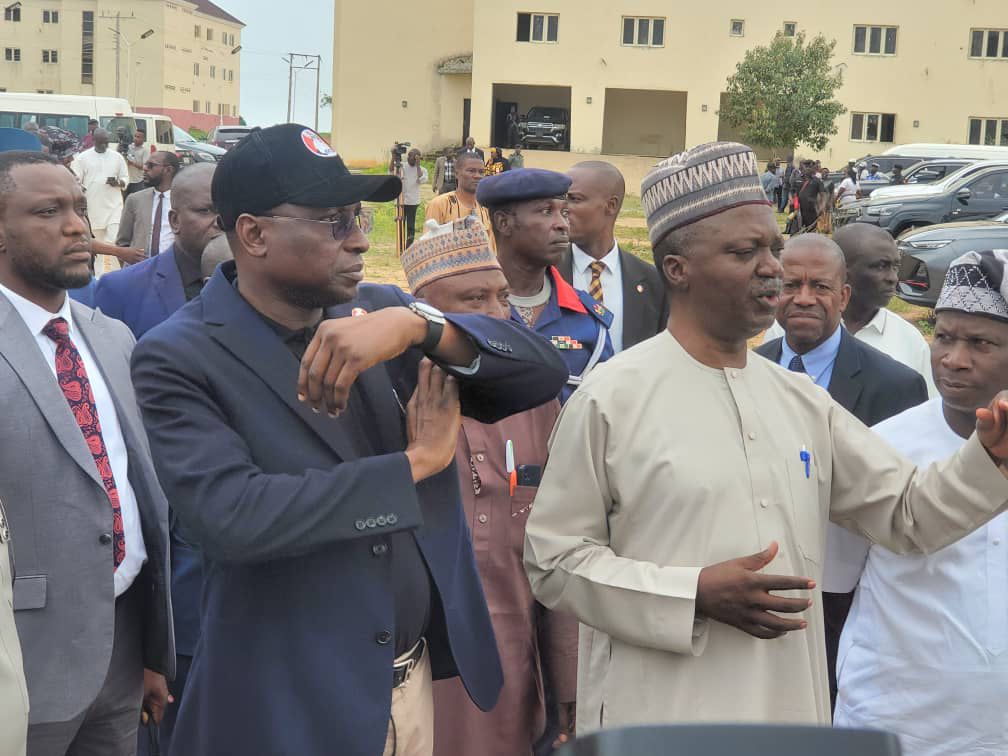Bitcoin Meets Kibera: A Groundbreaking Digital Finance Experiment
Around 200 residents in Soweto West, a neighbourhood in Kibera, have started using Bitcoin for daily transactions as part of ‘the first-of-its-kind fin-tech pilot in Africa’s under banked communities. Instead of using traditional mobile money services like M-PESA, locals are opting for the Lightning Network that assists in the transaction of Bitcoin, facilitated by fin-tech nonprofit AfriBit Africa.
AfriBit’s co-founder, Ronnie Mdawida, stated that individuals without bank accounts or formal identification can participate in a digital economy. Garbage collectors turn in trash and receive Bitcoin instead of cash. This is a transformative shift that aims to redefine how financial tools are delivered in marginalized areas.
The primary objective of Bitcoin was to offer a decentralized and accessible alternative to traditional currency, and its inclusion in Kibera mirrors this vision. However, high network fees and slow transactions have limited mainstream adoption. The Lightning Network aims to overcome various problems by making off-chain transactions effortless and cost-effective, which is ideal for daily use.
According to Kibera’s garbage collectors, Lightning transactions are almost instant and free, which is in stark contrast to M-PESA’S escalating fees on transfers exceeding 100 Kenyan shillings. Crypto currency has practical applications in daily life, as demonstrated by one collector who remarked on the ease of transferring funds without documentation, fees, or charges.
The locals assert that they feel more secure storing Bitcoin in their wallets than cash, which is susceptible to theft. Several individuals have invested 70-80% of their life savings in crypto.
Many vegetables sellers, also known as Mama Mbogas, are accepting Bitcoin and storing their profits in crypto form.
Despite the gains, the high volatility of Bitcoin raises serious concerns. According to Fintech expert Ali Hussein Kassim, exposure to unstable assets could destabilize vulnerable communities.
In the absence of regulation, users are at risk of accidental losses or theft, especially since crypto isn’t yet legally protected in Kenya.
AfriBit acknowledges these concerns and actively provides Bitcoin education and wallet training to residents. They view the project as a foundational first step, not a full replacement for safe savings or traditional finance.
This community-based effort is not only about remunerating individuals with Bitcoin, but also about teaching technology. AfriBit provides coding and financial literacy training, teaching students how to protect their wallets, manage prices, and engage in digital activities.
Every transaction is completed within seconds thanks to the use of Lightning technology, which reduces fees and speeds up transaction times. By recording only the beginning and ending of Lightning channels, transactions on the Bitcoin blockchain are made possible through a low-cost yet secure daily mode.
This aligns with broader efforts in Africa to build payment systems with low barriers to entry and high-speed openness—potentially bypassing slow, costly mobile money gateways and enabling micro- and cross-border payments.
Optimism and uncertainty are both evident in the Kibera experiment. It demonstrates that crypto and emerging technology can provide opportunities for marginalized populations by providing them with alternative financial means that avoid bureaucratic and infrastructural obstacles.
Conversely, the fragility of such systems must be addressed through public policy, consumer protection, and user education. In spite of this, Kenya is still implementing digital policy reforms such as its new Data Protection Act, which suggests a gradual approach to regulatory clarity.
The question now is whether this model can scale beyond Kibera and if other African communities can replicate the balance of innovation and safety it represents.












